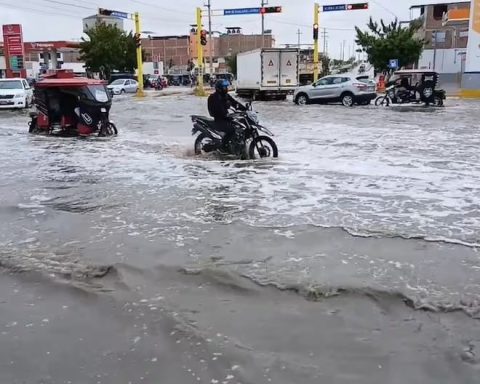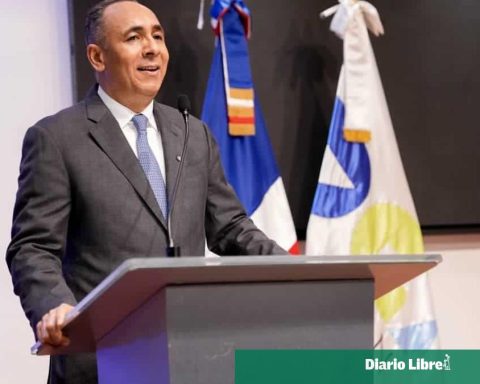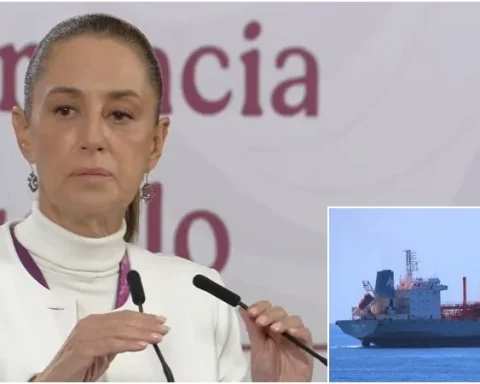The Bolivian and Chilean prosecutors signed an agreement this Friday that creates the Joint Investigation Team (ECI) to criminally investigate and prosecute those involved in cases of human trafficking and smuggling belonging to international criminal organizations.
The director of the Special Prosecutor’s Office for Gender-based Crimes in Bolivia, Daniela Cárdenas, pointed out that the ECI has the purpose of “coordinating actions” between the authorities of both countries to investigate human trafficking and “related” crimes.
Likewise, Cárdenas pointed out that joint work also implies granting “protection and safeguard” to the victims and witnesses of these crimes.
The ECI in the Bolivian part will be directed by the Superior Prosecutor of the Bolivian Prosecutor’s Office, Elizabeth Viveros, while in Chile the main person in charge will be the Deputy Prosecutor and head of the Criminal Analysis and Investigative Focus unit of the Tarapacá Prosecutor’s Office, Paola apablaza.
As indicated in the signing of the agreement, the ECI institution is the “first of many” that will soon be formed to combat “international organized crime.”
In the middle of this year, the Bolivian government presented a plan against human trafficking and smuggling whose implementation will take place until 2025.
The pillars of this action are focused on the training of public officials, massive prevention campaigns and the delivery of investigative teams, as well as bilateral agreements with neighboring countries.
According to the country’s official records, between 2015 and 2021, 2,631 complaints of cases related to human trafficking and smuggling were reported, of which 67% of the victims correspond to women between the ages of 11 and 20.
For its part, the Bolivian Ombudsman’s Office quantified some 40 complaints related to this type of crime between January and September of this year, representing 8.1% more than in 2021, when 37 were registered, if one takes into account the same period.
Most of these complaints were filed in the departments of La Paz and Cochabamba.
According to this body for the defense of human rights, it warned that the number of cases that reach a conviction is “very low.”


















